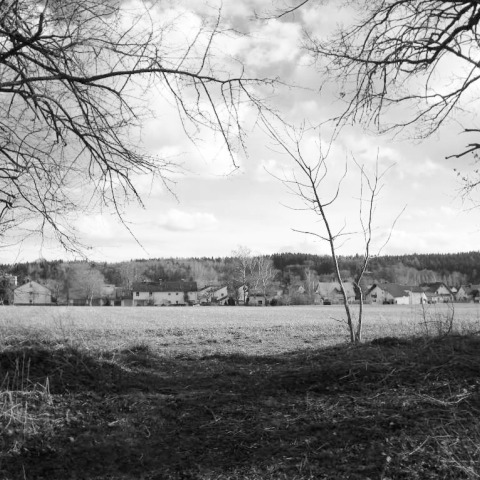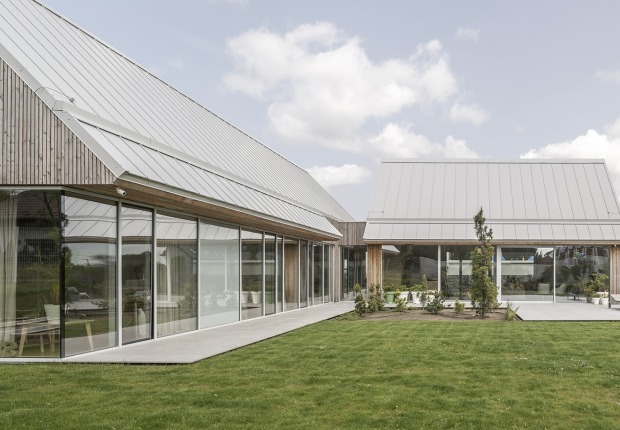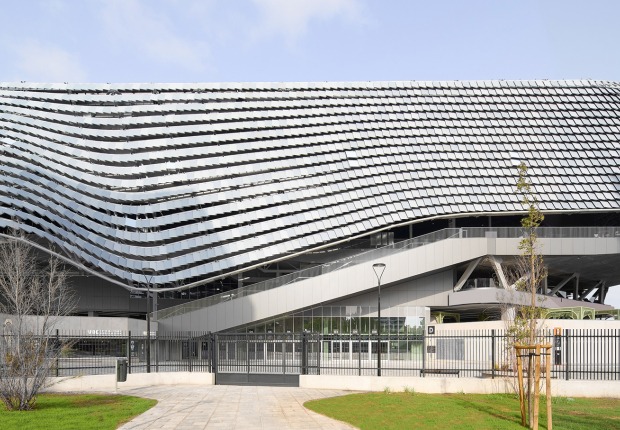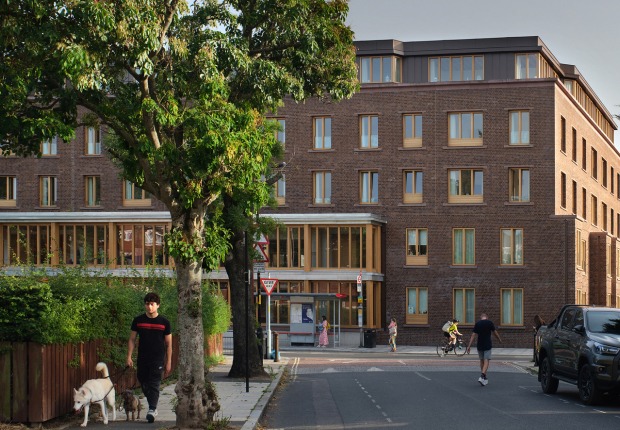The land is the key to development and preservation of the territory. Or at least those were the lessons I learned from the German urban planners. A concept that goes with our globalized era and is part of the specialty I’m taking in land management.

The alpine landscape from the air. Photography © Melissa Schumacher.
From the view of an airplane is inevitable walk with his eyes the vast territory of southern Germany planned. Extensive grounds, well maintained plots, surrounded by forests and villages made around a big city. Particularly striking is the juxtaposition of land uses which do not necessarily have to be in conflict with industry and a forest, a small city near fields or a beautiful mountain landscape intersected by a highway.

Invitation to Bavarian landscape. Photography © Melissa Schumacher.
How do Germans take care as efficiently forests, villages and cities? Always in search of the sustainability of cities, European-style metropolises are surrounded by smaller urban locations, interconnected through a system of transport such as sub-urban trains. In addition to green belts that define the transition between the rural and urban as part of a collective landscape that dominates the area.
A city like Munich contains within its many parks, roads and architectural classic beauties, preceded by a touch of modernity. The city is extrapolated to the rural periphery surrounded by smaller urban localities and towns with high agricultural and industrial production. This is where we will see the best examples of planning, where towns grow to fit the needs of the population, always providing all possible services to ensure a better quality of life for its inhabitants. The best treatment comes with the landscape, natural connections between people through pedestrian walkways, bicycle paths and trails where the hiker always find a small bench to appreciate the visuals.

Village in Metropolitan Area of Munich. Photography © Melissa Schumacher.
From here take the reading on the maximization of land uses as effective and sustainable manner to preserve the land. However, it is curious to find the mix of uses and how they work to perfection. First find small housing developments which are adjacent to a sunflower field where the farmer works all day at sun. Or a small supermarket between a forest and other town and can be reached by bicycle.
In part, the territorial dimension of European countries does not compare with the Americans but regardless of this factor, in the words of Miquel Domingo, "Mexicans do not appreciate the value of the land because they believe that the horizon is infinite”. This is the trend in Mexican cities to horizontal growth, extending to the limit formal and informal urbanization. When we will value the richness of the land? If the trend marks the transformation of agricultural land in urban-sprawl. This situation is happening without the total supply by government in the provision of services.
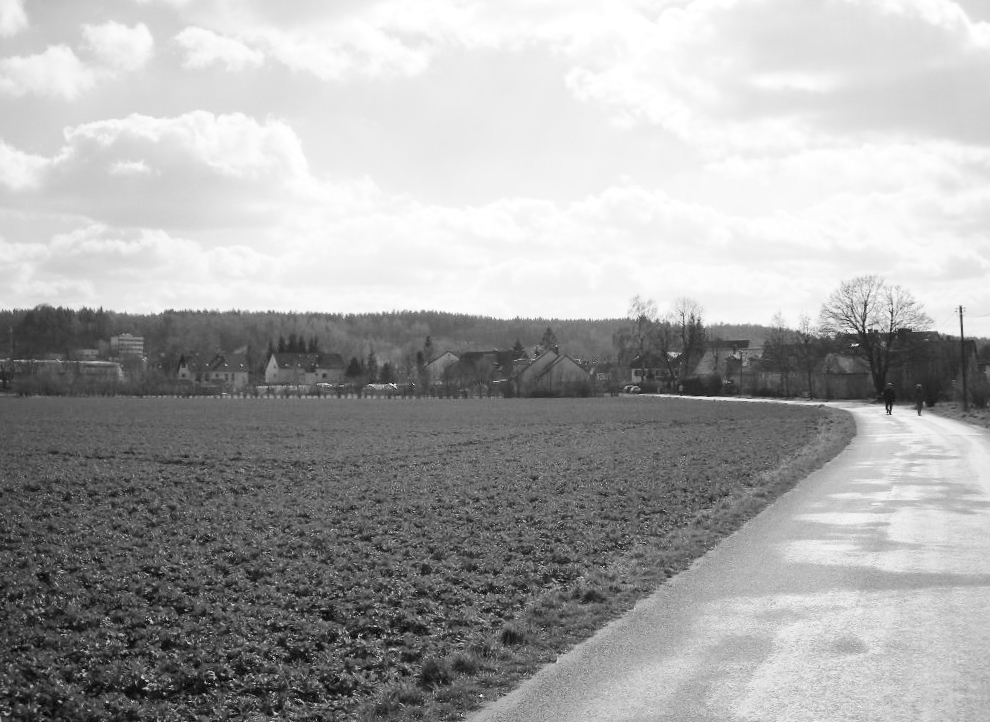
Path between two villages. Photography © Melissa Schumacher.
Obviously the population dynamics of German cities are too different compared to Mexico City, Monterrey and Guadalajara. But we can take the example on resource management in urban and regional planning that has the region of Bavaria. Mainly in the compact city, the provision of good public transport system and the economic helps to local agriculture. The German society has taken a leap in consciousness to the provision of social services, landscape protection and appreciation of their cities. At the end the land is essence and origin of all urban.
IN TREATMENT - METALOCUS.
DIRECTOR: JOSÉ JUAN BARBA. COORDINATION: INÉS LALUETA. ORGANIZATION: INÉS LALUETA, PEDRO NAVARRO. GUESTS SECOND SEASON: JOSÉ JUAN BARBA, JAVIER SANCHO, FRANCISCO PELAEZ, MICHAEL MORADIELLOS, MELISSA SCHUMACHER, VERÓNICA ROSERO, AINHOA MARTÍN.
